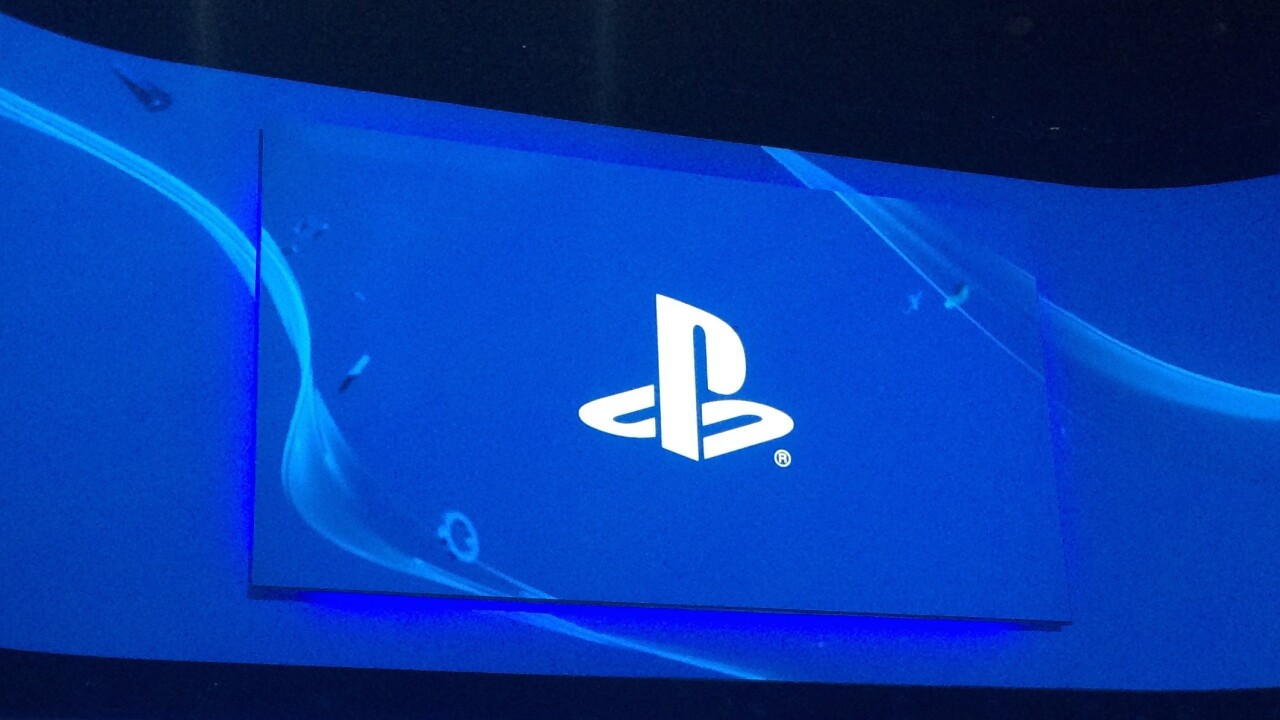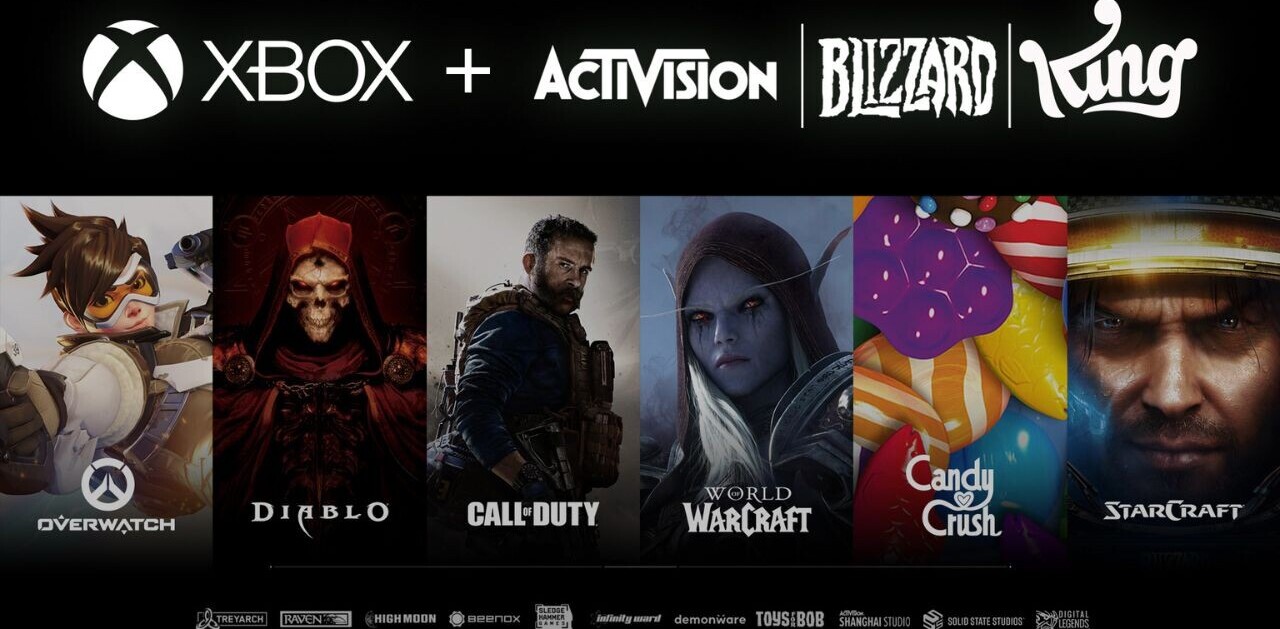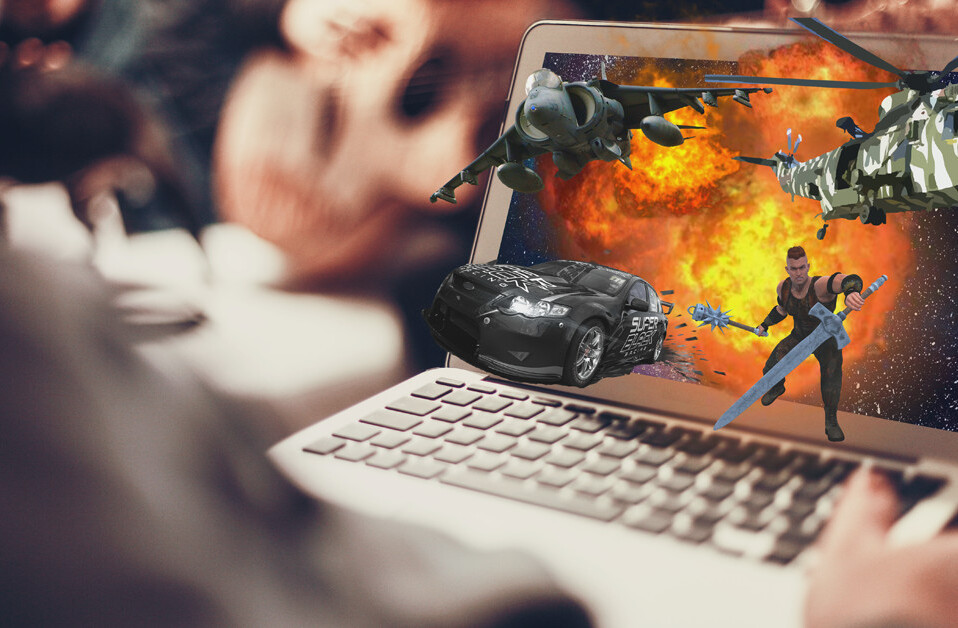
Sony’s E3 keynote on Monday came as a flurry of game trailers and reveals, but the company also showed off its strategy for the future of entertainment. Sony certainly seems to have gotten its mojo back, and it’s clear that, right now, it has the best shot at having a full product line that offers gaming and content seamlessly across devices while also delving into unexplored territory like virtual reality.
Since the PlayStation 4 is designed to act as a central hub, Sony set about future-proofing the console by including the performance necessary to make it last for years. Extending out from the PS4, you’ll have Project Morpheus for VR, PlayStation Now for cloud gaming, and PS Vita Remote Play so you can game on the go.

Sony’s also uniquely poised to own the push for digital content. As a conglomerate, it has incredible influence through its music and movie divisions. At E3, Sony unveiled its first exclusive TV show, “Powers,” for the PlayStation Network. Netflix and Amazon are proving the case for original content, and Microsoft and Sony aren’t far behind.
For most of us, our TV still acts as the center of our living rooms. Sony has an edge here because it makes its own line of Bravia TV sets. The PlayStation Now cloud gaming service will come to select Bravia models later this year, enabling owners to dive into gaming without owning a console. Meanwhile, if you don’t have a Sony TV, you can pick up the firm’s new PlayStation TV micro-console/set-top box when it comes to the West this Fall.

On the mobile side, Sony has achieved a loyal following for its handsets. The company has mentioned bringing PlayStation Now to smartphones, which could give its mobile devices a unique selling point in an increasingly crowded market.
Sony isn’t the only firm with tentacles that spread across multiple digital entertainment verticals. Microsoft, for instance, has synergy across its Windows, Windows Phone and Xbox division. The company has also dipped into hardware with the Surface, but it has left handheld gaming to Sony and Nintendo. If VR is truly the next big thing, Microsoft will need to come up with an answer.
Samsung also represents a good portion of the stack, from its mobile devices to TVs. The firm is also believed to have partnered up with Oculus VR for a VR headset. However, Samsung lacks the content, gaming and cloud plays that Sony has setup.
Google is believed to getting into gaming with its rumored Android TV platform. The influence it wields with control over the Android platform is not to be understated, but Google’s software focus hasn’t given it the breadth of experience across industries that Sony does.
Apple has expertise in hardware, control of the mobile/desktop operating system stack, and a content angle with the iTunes Store and now Beats. The Apple TV has also lent it a foothold in the living room. However, Apple is weak in gaming and the cloud and has yet to tip its hand with regard to VR. Gaming on iOS and Android has opened up access to millions of new casual players and it has come a long way, but the ecosystem struggles from control and pricing issues.

Amazon also represents a latent threat. The company is expected to launch a smartphone later this month. In April, the company launched a quasi-console in the form of its Fire TV device and custom controller. Rumors also suggest that Amazon will add music streaming to its Prime subscription service, thereby extending its digital content reach. Amazon has acquired a game studio and hired experienced developers to enter the fray.
Amazon’s key advantage is the control it has over ecommerce. As more customers continue to use Amazon as their go-to shopping outlet, the company can nudge them toward its own devices and services.
Sony went through a rough spot a few years back and has only just emerged from its restructuring. After dominating the industry with the Walkman, Sony lost out to Apple with the iPod. It fell behind in smartphones and tablets, and has struggled to gain traction for its digital content stores.
The old Sony had an unwieldy time of managing non-core businesses across industries like chemical, medical, and finance. When Kazuo Hirai took over as CEO in 2012, he moved quickly to reduce Sony’s bloat and focus on its core expertise in gaming, entertainment and imaging. At E3 2014, we’re seeing the fruit of his efforts.
The PlayStation brand is healthier than its ever been. It has a solid lineup of games coming to its console and handheld, a promising cloud service that will open up its impressive back catalog to new devices, and an exciting VR prototype to show off. As mentioned above, Sony still has plenty of threats to fend off, but it’s the only company that has deep reach across the full-stack of next-generation entertainment.
We’re looking out at a bright future: mobile will give us access to content no matter where we go, VR will take us to immersive new places from the comfort of our homes, and the cloud will smoothly connect all of our screens together. Most consumers will probably end up cobbling together platforms and services from different vendors, but if you value the tight integration that comes with single company’s vision, Sony is the company to watch.
Get the TNW newsletter
Get the most important tech news in your inbox each week.





